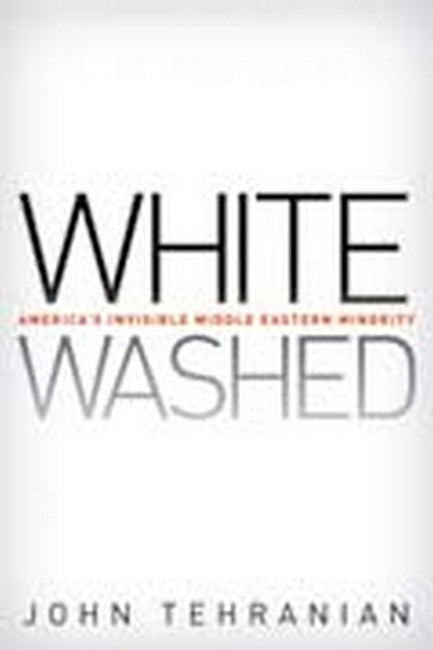The Middle Eastern question lies at the heart of the most pressing issues of our time: the war in Iraq and on terrorism, the growing tension between preservation of our national security and protection of our civil rights, and the debate over immigration, assimilation, and our national identity. Yet paradoxically, little attention is focused on our domestic Middle Eastern population and its place in American society. Unlike many other racial minorities in our country, Middle Eastern Americans have faced rising, rather than diminishing, degrees of discrimination over time; a fact highlighted by recent targeted immigration policies, racial profiling, a war on terrorism with a decided racialist bent, and growing rates of job discrimination and hate crime. Oddly enough, however, Middle Eastern Americans are not even considered a minority in official government data. Instead, they are deemed white by law. In Whitewashed, John Tehranian combines his own personal experiences as an Iranian American with an expert's analysis of current events, legal trends, and critical theory to analyze this bizarre Catch-22 of Middle Eastern racial classification. He explains how American constructions of Middle Eastern racial identity have changed over the last two centuries, paying particular attention to the shift in perceptions of the Middle Easterner from friendly foreigner to enemy alien, a trend accelerated by the tragic events of 9/11. Focusing on the contemporary immigration debate, the war on terrorism, media portrayals of Middle Easterners, and the processes of creating racial stereotypes, Tehranian argues that, despite its many successes, the modern civil rights movement has not done enough to protect the liberties of Middle Eastern Americans. By following how concepts of whiteness have transformed over time, Whitewashed forces readers to rethink and question some of their most deeply held assumptions about race in American society.

